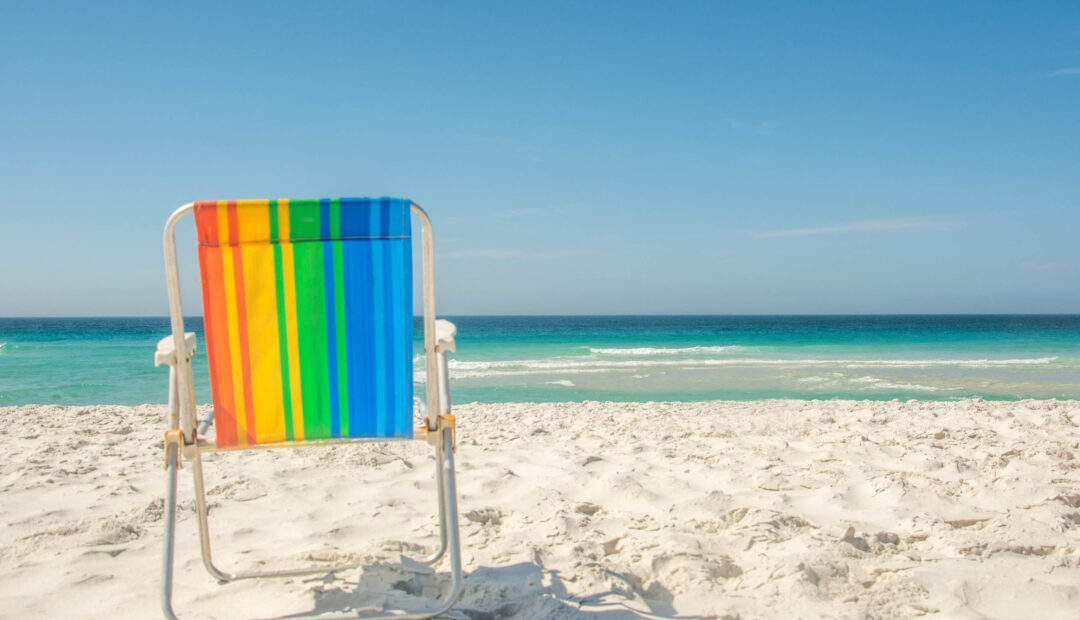The Caribbean is known as a tropical paradise and plays host to sunny vacations for tourists year-round, but are countries in the Caribbean a paradise for LGBTQ+ residents and tourists?
One of the only countries in the Caribbean region where same-sex marriage is legal is Puerto Rico, but this is only because it is a U.S. territory. In 2015, when the Obergefell U.S. Supreme Court decision made it legal for same-sex couples to get married, couples in PR were granted the rights to make medical decisions for their spouses, become stepparents to their spouses children, and file for joint adoption together. The same goes for the U.S. Virgin Islands.
The Caribbean’s most populated island, Cuba, legalized same-sex marriage in September of 2022. Before that, same-sex relations between consenting adults 16 and older were legal since 1979.
However, this is not the case for the remainder of the Caribbean islands where in many places there are little to no protections for LGBTQ+ people, making discrimination and sexuality-based violence legal.
In some of the Caribbean, countries have paradoxical laws regarding LGBTQ+ rights. In places like Montserrat, Barbados, Saint Kitts and Nevis, and Anguilla only foreign same-sex marriages are recognized, meaning same-sex couples who inhabit the islands would have to marry elsewhere and return to have their union recognized. The Cayman Islands recognize marriages as civil unions, but offer no protections against any type of discrimination.
In the Dominican Republic, a 2000 General Law on Youth prohibits discrimination on the basis of sexual orientation, but in 2010 a new constitution banned same-sex marriage. Though there is no law that criminalizes same-sex activity, according to Human Rights First LGBTQ people still face discrimination in daily life, particularly trans people, who are often the victims of hate-motivated homicides.
In the Dominican Republic it is also illegal to change your gender or declare yourself non-binary, or to join the army or law enforcement if you identify as LGBTQ+ according to reports from Equaldex. Same-sex marriage is not legal or recognized in Haiti, the Bahamas, or British Virgin Islands.
These locations also often have a very negative public opinion of LGBTQ+ identities and unions. Equaldex reports a 95% opposition to same-sex marriage in Haiti, 84% opposition in Jamaica, and 91% in Saint Kitts and Nevis.
Jamaica continues to criminalize same-sex relations between men under the antiquated Offences Against the Person Act of 1864 according to the Human Dignity Trust, while in December 2022, the courts in Barbados ruled that the laws against buggery and “gross indecency” were unconstitutional and struck them from the Sexual Offences Act.
The Caribbean is home to a range of countries, and though not all of them are on the same page concerning LGBTQ+ rights, some are making slow progress while others continue to lag behind.


